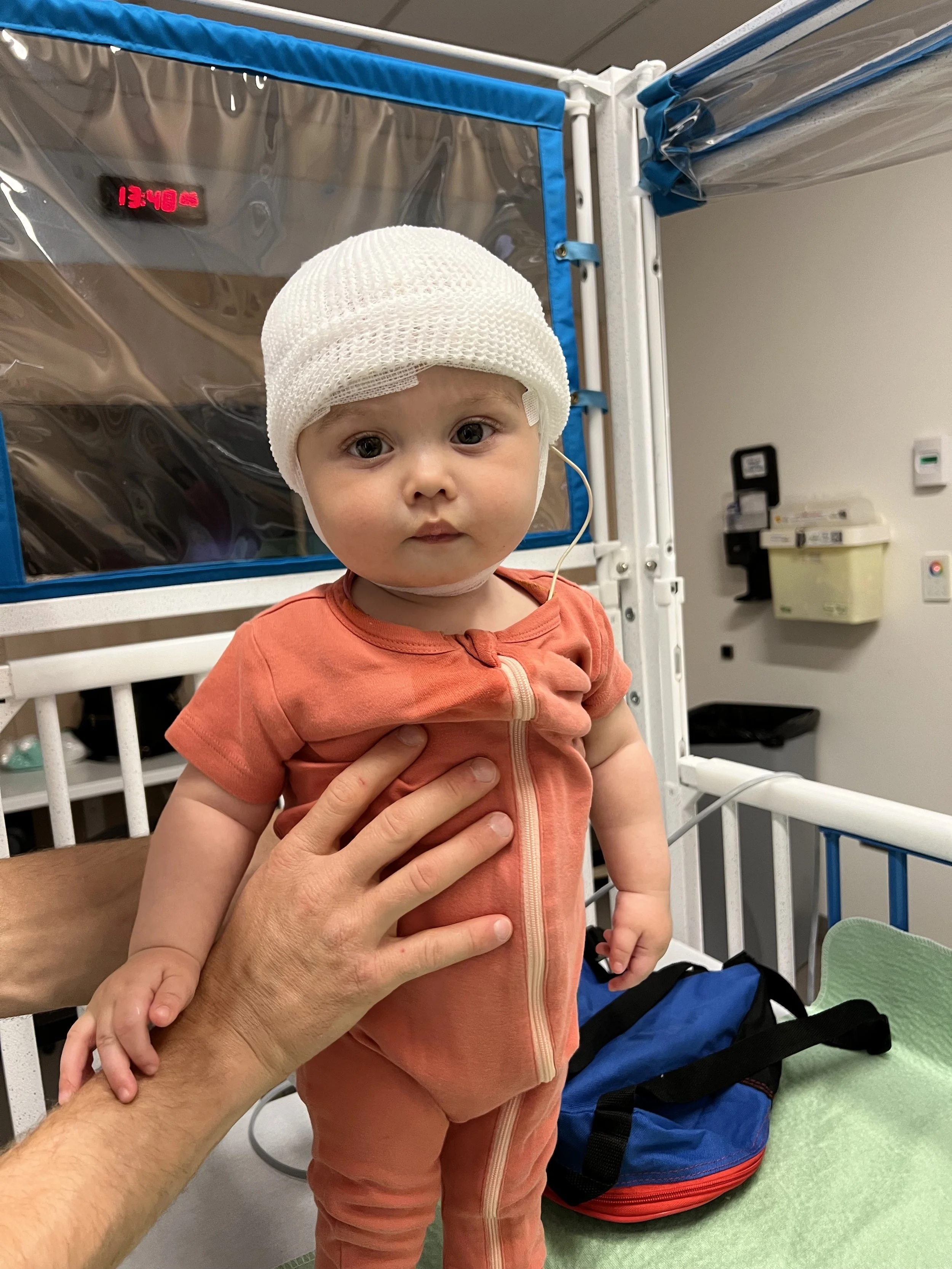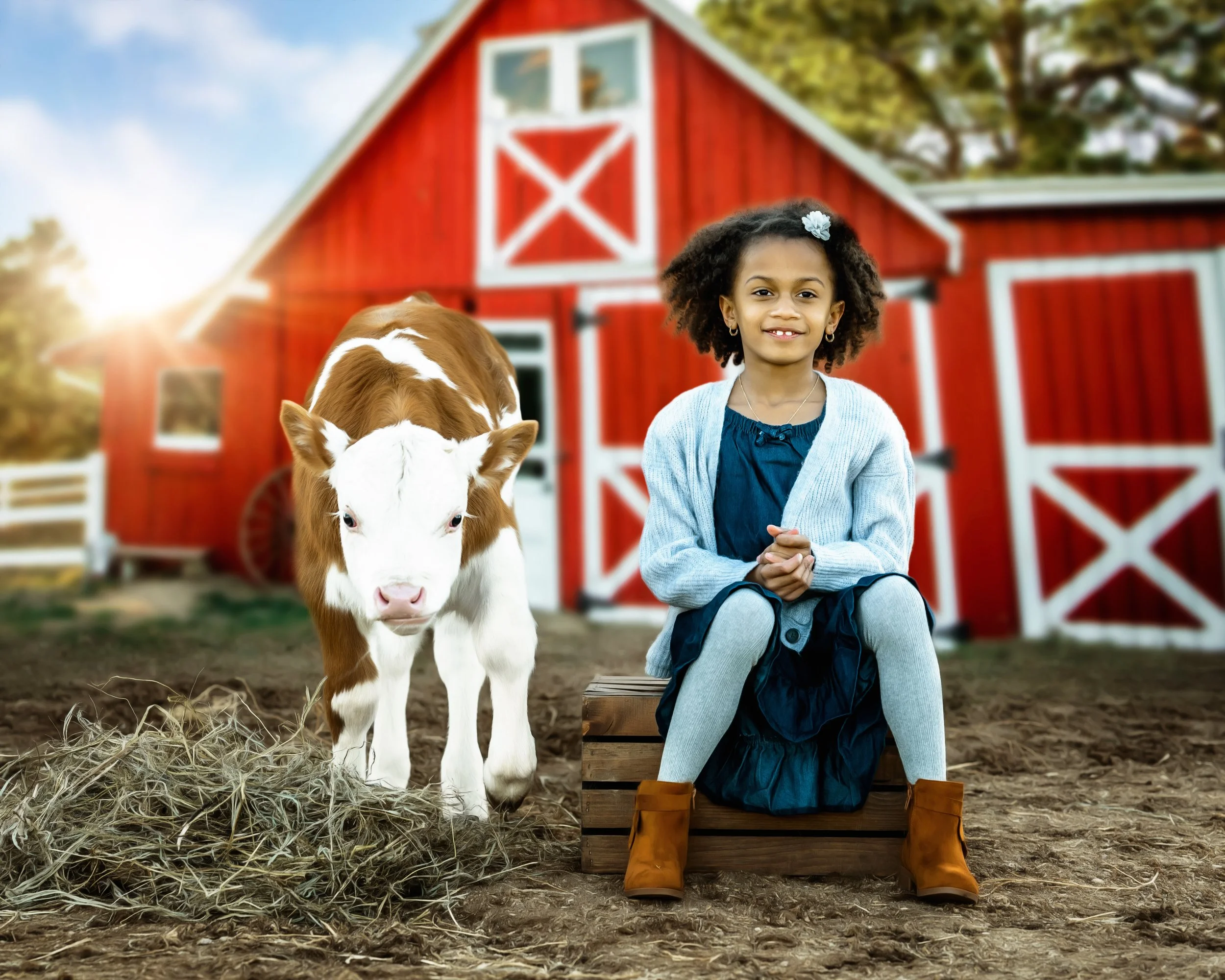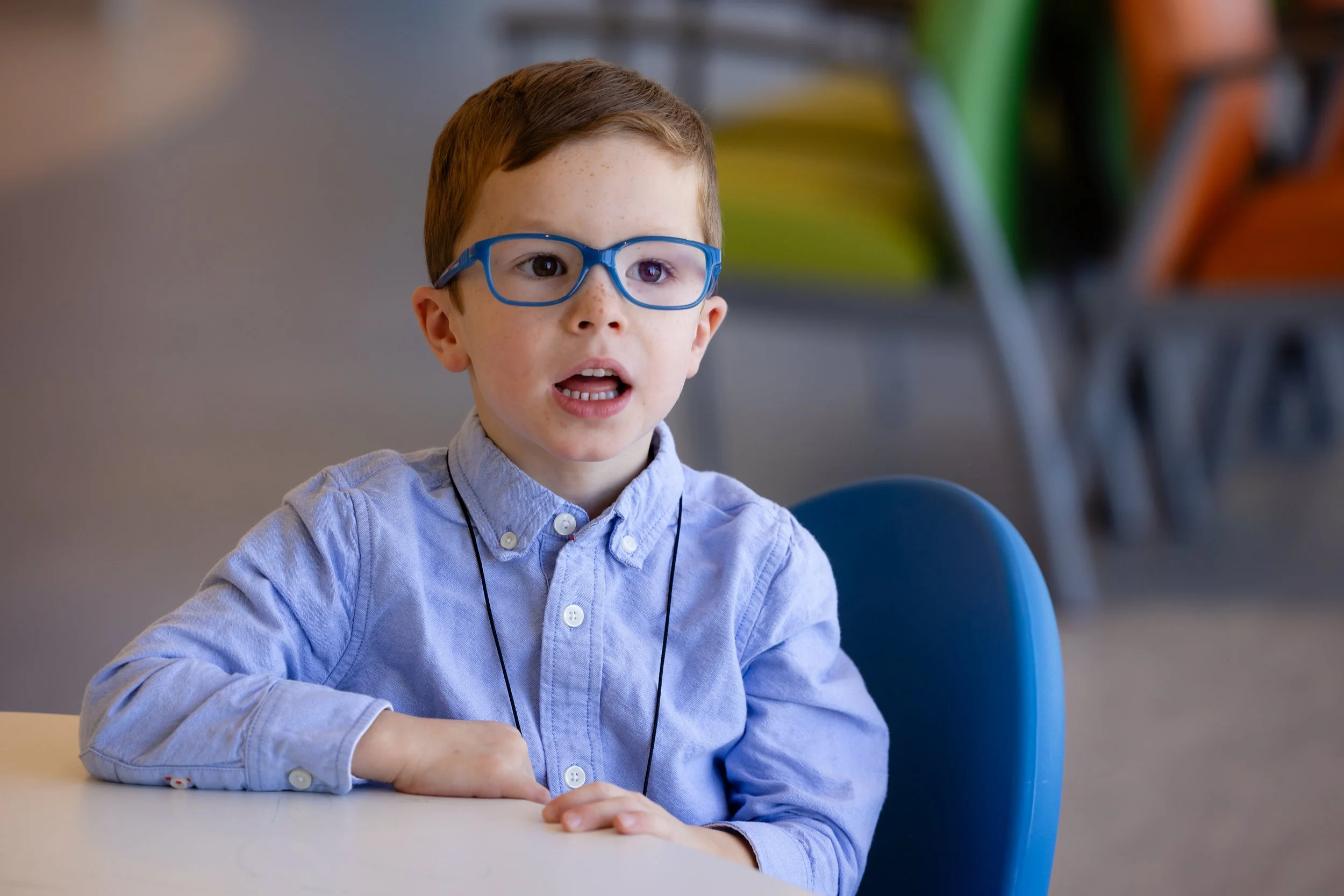
Meet Our Kids
-
Valentina
Born: 2022
My daughter Valentina was diagnosed with a point mutation of the MEF2C gene at 15 months old.
Valentina is pure joy, she lights up the lives of all who encounter her. She is giggly and loving and when she locks eyes with you, you feel like the most special person in the world to get her full attention. Valentina is insatiable, she can't get enough of the things she loves. She wants the brightest lights, the loudest music, the strongest flavors, and the biggest hugs. She loves light up toys that play music, Italian food, being thrown in the air, and swimming.
Symptoms she exhibits: strabismus, teeth grinding, sensory seeking, global delay, night wakings, frequent ear infections, low tone and she is not potty trained
She has been in occupational therapy since she was 6 weeks old and we added physical therapy, speech therapy, and dynamic movement intervention. She responds very well to therapy and is always advancing, or inching, ahead. We are going to add equine therapy and aquatic therapy this year.
When Valentina masters a new skill, the pride and excitement we feel is unmatched. Just before her second birthday she began to crawl and now at almost 2.5 she has taken a couple independent steps. As for speech, she is making more vowel sounds and says "mama"and "more" - which truly fits with her personality!
My dream is to hear her speak full sentences.
-
![]()
Beau
Born: 2021
Beau is a happy kid who is famous at his preschool for his hugs, his sense of humor, his work ethic and being the friendliest boy around. He loves trains, planes, horses, beluga whales, mirrors, pools, “HOT” showers and bananas. We always say that sunshine and new friends seem to follow Beau wherever he goes.
Beau’s symptoms include: febrile seizures, intermittent esotropia, motor planning challenges with fine motor, gross motor and speech, difficulty chewing and limited speech.
He maintains a healthy schedule of therapies, including physical therapy, occupational therapy, speech therapy, myofunctional therapy, and hippotherapy.
It is our hope that with therapy and a lot of support, Beau will continue to develop skills that enable him to gain independence in all areas of his life. Beau reminds us often that we should make exactly no assumptions about what any person is capable of. The sky is truly the limit.
-
![]()
Sam
Born: 2023
Sam was diagnosed with a point mutation at 11 months old. He has such a sweet personality, full of joy and curiosity. He loves toys that spin, music, lights, and silly sounds, and his favorite things include petting our dog, snuggling, dancing, and reading books. Despite his young age, Sam faces many challenges and is significantly lagging his peers of similar age group. Specifically, he exhibits hypotonia, profound global developmental delay, stereotypical movements, irregular sleeping patterns, and abnormal EEG.
We are proud of his small wins, or "inch-stones," along the way. At age 18 months, Sam is slowly learning to eat with our support with a preloaded spoon, can transition from kneeling to sitting with ease, and loves pulling himself up (with assistance) onto surfaces—he absolutely loves the feeling of standing! His smiles and giggles are some of the greatest victories, especially since we weren’t sure if we’d ever hear his laughter.
We are committed to providing Sam with the best care possible. He currently receives weekly speech therapy, occupational therapy, and physical therapy, which requires more coordination and support from family to make it to all of his appointments than we could have ever dreamed of!
Our dreams for Sam are the same as any parent’s: to see him grow up and live a meaningful, independent, and happy life. We dream of having conversations with him, knowing that he has agency over his own life. However, we know that achieving these dreams will only be possible if we come together to find a cure for MEF2C. Until then, we will continue to fight for Sam’s future, celebrating each milestone along the way.
-
![]()
Demi
Born: 2014
Demi was diagnosed with a frameshift mutation of her MEF2C gene two weeks before her 2nd birthday.
Demi is a very affectionate and happy girl. She loves playing with dolls, books, mirrors, and musical instruments. She is a sweetheart that quickly becomes everyone’s favorite at therapies and in school. Despite her challenges, she exudes nothing but strength and resilience.
She was a “floppy” baby and began to have seizures at 6 months old. She had frequent ear infections and had tubes surgically placed in her ears around 2 years old. Demi had many infections early on and was hospitalized a few times. She took her first steps around 2.5 years old after many months of therapy and gait trainers. When she was 4 years old, she had strabismus correction surgery performed on her eyes. Now six years later, her eyes are drifting outward again. When Demi was 5, her dentist discovered she was tongue-tied and performed a frenotomy. At 9 years old, she tripped at school and broke four of her teeth due to not being able to brace the fall and protect her face. She underwent a dental repair under anesthesia at our local Children’s Hospital.
Demi’s symptoms include: seizures, intermittent exotropia, teeth grinding, incontinence, struggles with depth perception & temperature regulation, high pain tolerance, poor sleep, fine and gross motor challenges, hyper and hypo-sensitivity to sensory input, stereotypical movements, low tone, absent speech, autism, intellectual disability.
Demi began therapy at 10 months of age after she continued to miss more and more milestones. She receives Physical Therapy, Occupational Therapy, Speech Therapy with Augmentative and Alternative Communication (AAC), Applied Behavior Analysis (ABA) Therapy, and horse therapy. Demi also is on a special needs Cheerleading team and has participated in Challenger baseball, Special Olympics bowling, and a Miss Amazing Beauty Pageant.
We continue to work on self-feeding, dressing, toileting, and using her communication device. She is starting to vocalize more, especially with music which is very exciting. Demi receives 1:1 support in school. Despite only being 10, she is in the beginning stages of puberty which will introduce another layer of complexity in our daily lives. Hopefully, a cure for this disorder is discovered and is made accessible before it is too late to help Demi. She deserves a full and independent life just like every other child out there.
-
Darwin
Born: 2018
Our son Darwin was diagnosed with a microdeletion of the MEF2C gene at 2 years old.
We always say Darwin is a lover, not a fighter. He is very sweet and loves to snuggle and cuddle with his parents, grandparents, and even his therapists and teachers.
Darwin has had corrective surgery for strabismus, and exhibits many classic symptoms of MEF2C-related disorders: intellectual disability, absent speech, irregular sleeping patterns, frequent head colds and infections, low muscle tone and stereotypical movements.
Like most kids with a MEF2C-related disorder, Darwin does not speak words. He uses vocalizations—grunts and squeals—as well as body language to help us understand what he wants and how he is feeling. We have been working for several years with an AAC device (an iPad talker) to help him express his needs with more nuance. This is still a significant challenge for him, and will be a lifelong learning experience!
Darwin’s awareness of his personal safety is minimal. For this reason, navigating parking lots, pools, and other busy public places is a constant challenge. We are afraid that a small slip up—losing a grip on his hand, turning our attention the other way even for a moment—might have dire consequences.
Darwin is very sweet and silly, and captures the hearts of people who work with him every day—and that list of people is long! Darwin is in a substantially separate classroom (special ed.) with aides to provide 1:1 assistance, and he also does physical therapy, occupational therapy, music therapy, speech therapy, as well as special needs swim lessons and horseback riding.
But because Darwin has not mastered potty training due to his limited comprehension of his surroundings, he is excluded from a lot of activities that other young kids enjoy: summer camp, sports teams, as well as extracurricular theater and arts opportunities.
We are lucky to be surrounded by a community of people that love Darwin and want him to succeed, and we are hopeful someday this disease will be treatable or even curable.





